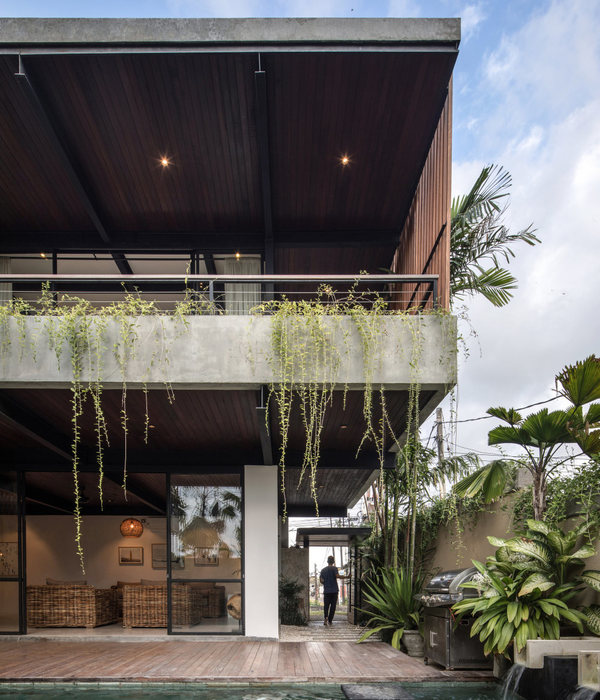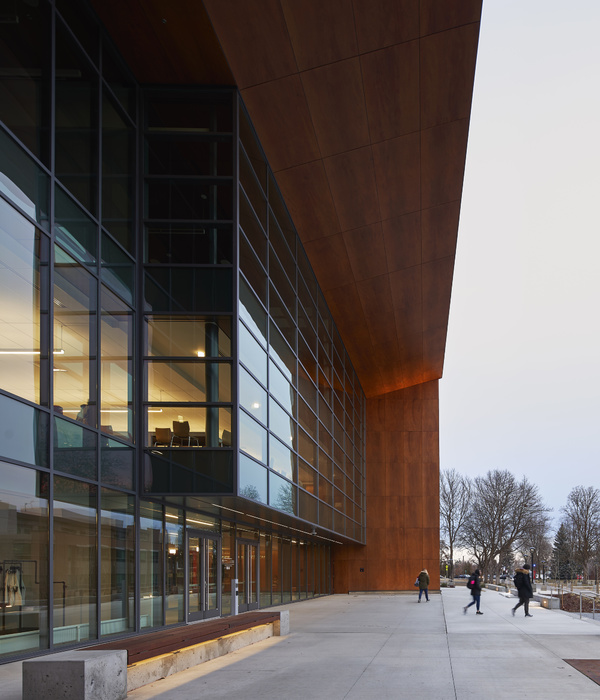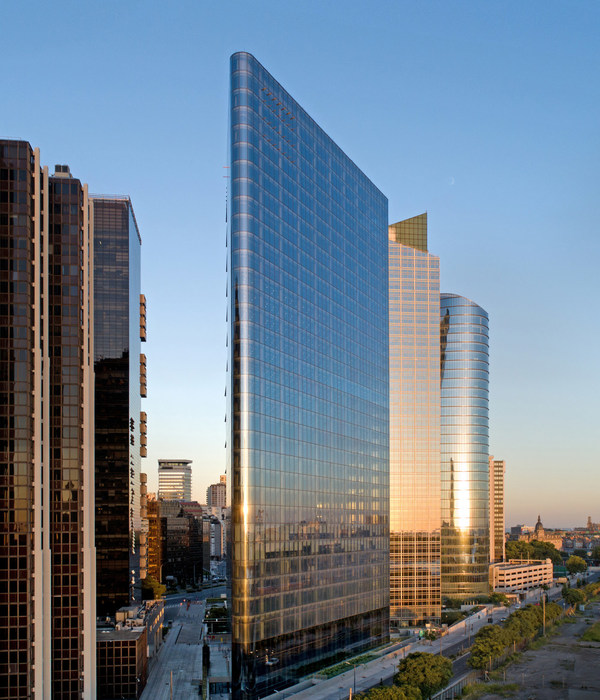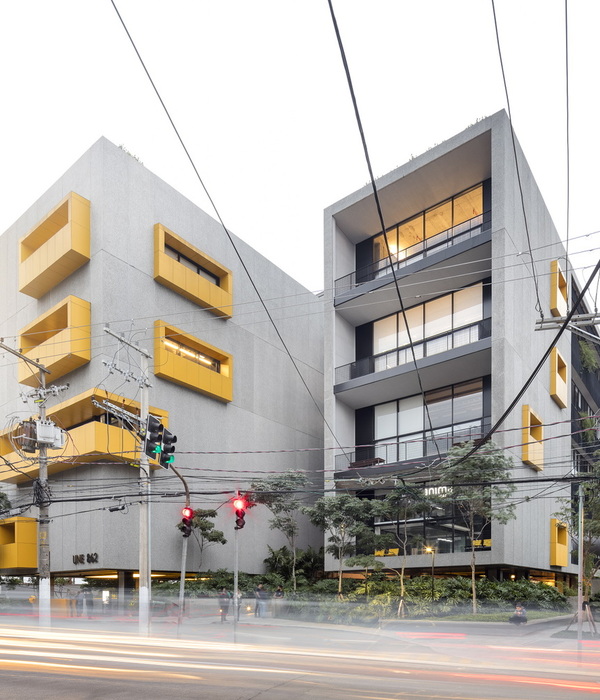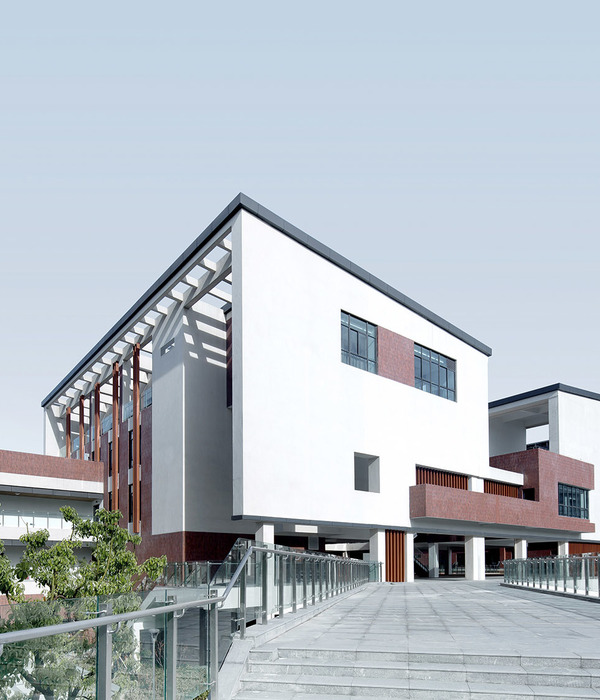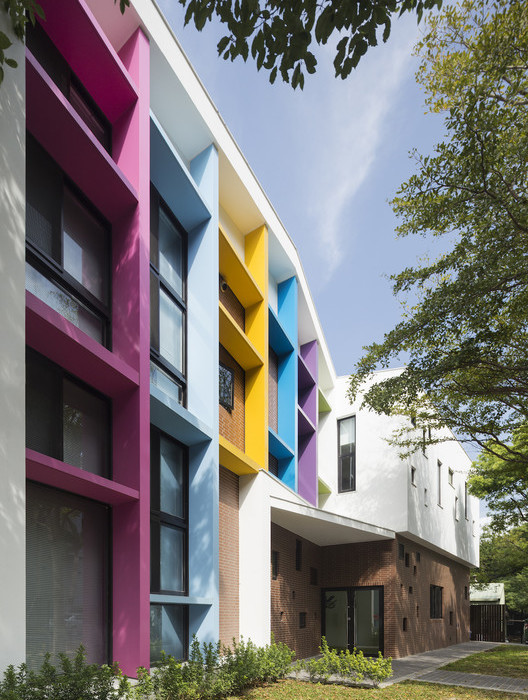"Yes, that's what you'd like: a villa in the green with a large terrace, the Baltic Sea in front, Friedrichstrasse behind: with a beautiful view, rural chic, and from the bathroom, you can see the Zugspitze – but in the evening, you're not far from the cinema..." wrote Kurt Tucholsky in Berlin in 1927 in his humorous poem "Ideal and Reality," concluding with "Every happiness has a catch. We want so much: to have. To be. And to matter. That someone has it all: that is rare."
Of course, we're not by the sea, but almost. The lake view from the first floor is breathtaking. In the foreground, sailboats sway in the harbor, in the background, the kitschy blue Attersee and the mountains. And yes, the house is also rural chic. In the garden, it's more rural, inside, it's reduced, almost ascetic.
There's not much except for simple wood, concrete, a few thin steel columns, and a lot of transparency to the outside. In this airy, refined atmosphere, life is good. Only the big city is not immediately behind, as with Tucholsky. But having it all is rare, as the writer and journalist accurately observed a century ago.
There wasn't much space on the small plot. That's why there weren't so many options for placing the volume. The house is narrow and long, nestling against the western edge. This keeps the garden as large as possible while ensuring a good view. Everything is oriented "inwards" towards the garden on the ground floor. Only on the first floor does the house practically change orientation and face the lake, overlooking the road in front. Like a lookout, everything can be seen from here.
Externally, the house is also modest. The pitched roof corresponds to the typology found here. The clear form of the wooden construction and its black-lacquered wooden facade draws inspiration from the many boathouses around the lake.
{{item.text_origin}}

